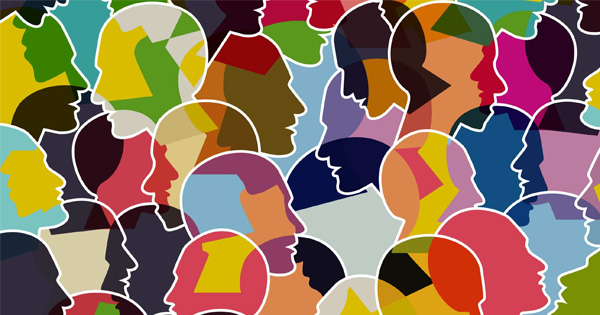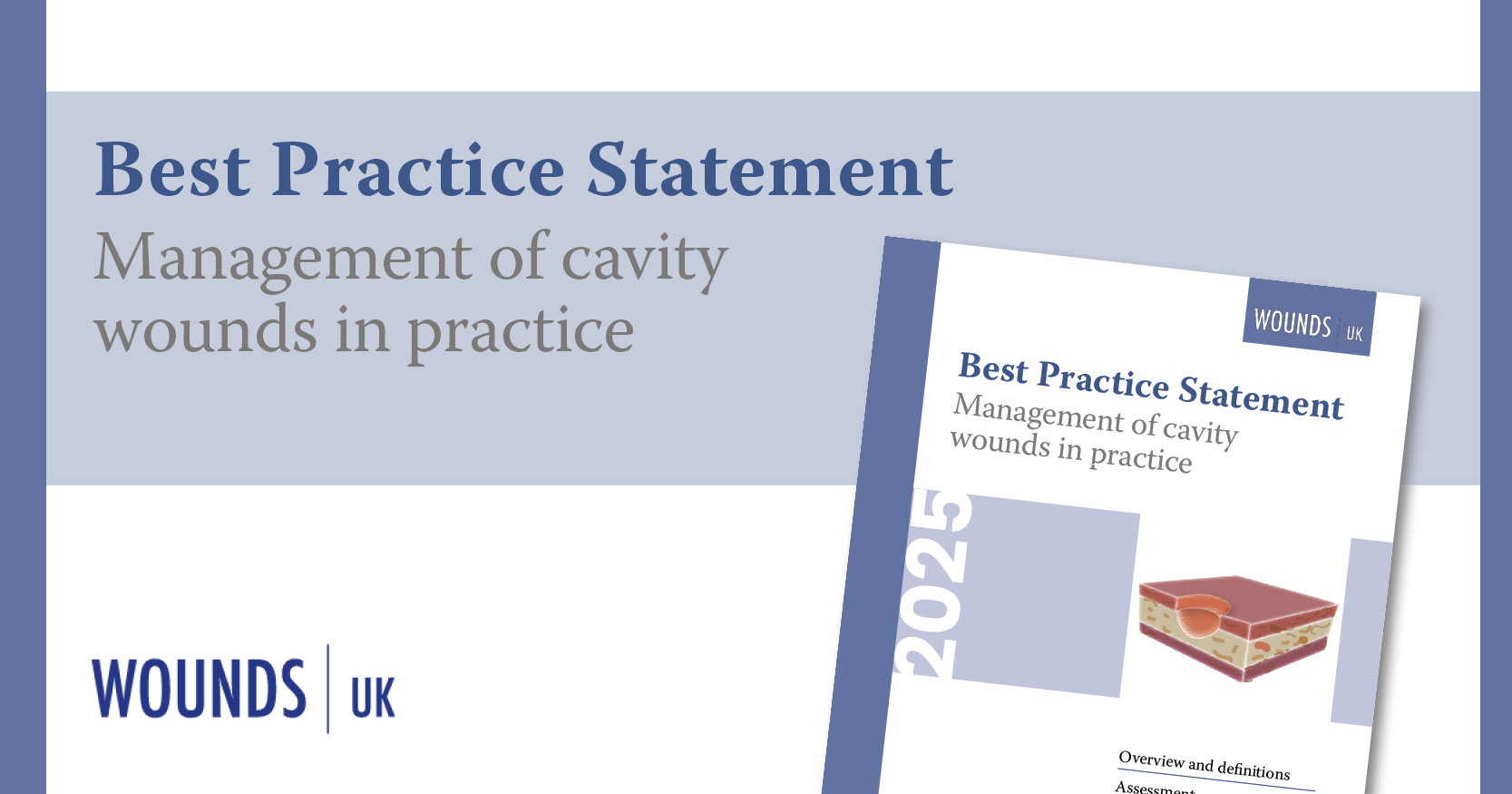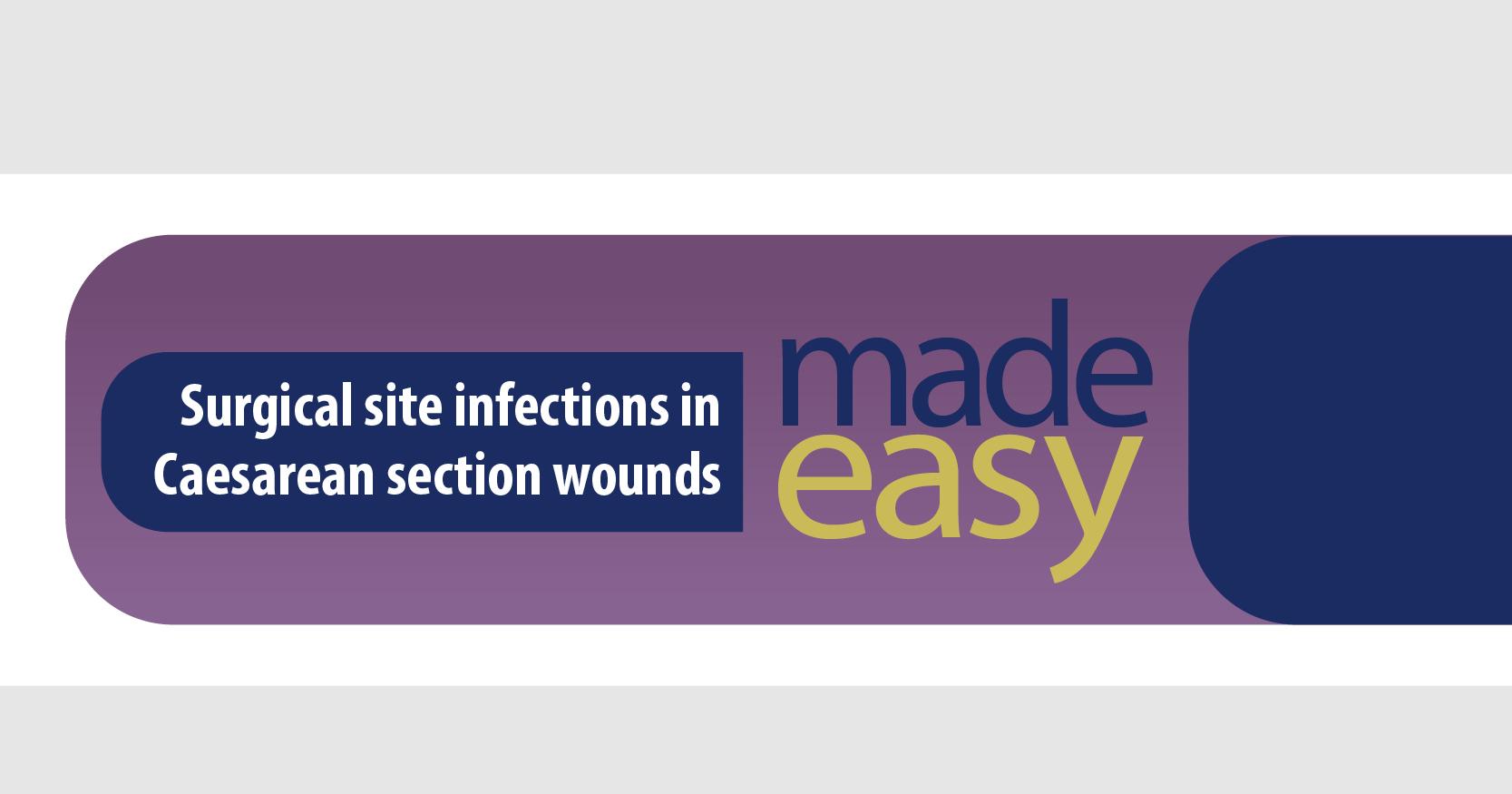As this editorial coincides with the conference issue of the journal, I’d like to reflect on some of the key sessions during the event. What’s particularly noticeable are sessions focusing on the healthcare workforce, so reminding ourselves to value what we do (Leanne Atkin) and taking time to consider the person in nursing (Chris Molyneux). This is of relevance, given the current strain the NHS is under, so trying to find a way through to still value what we do is important.
I’m also pleased to see a session on ‘Supporting colleagues with neurodiversity in the workplace’ and even more delighted that my colleague Sian Edney is presenting on the topic. Sian is a Lecturer in the Centre for Medical Education at Cardiff University with a background in occupational psychology. Sian supports both the Masters in wound healing and tissue repair and the Masters in psychiatry. In addition to her academic roles for the programmes she co-chairs the Neurodiversity and Inclusivity Steering Group and Network at Cardiff University for staff and research students. Ahead of Sian’s session I had a chat with her about what we can expect and asked her about some key principles we can all be mindful of with regards to our interactions with colleagues.
We began by discussing what is neurodiversity. Broadly it is a concept that acknowledges that there is a wide range of neurocognitive differences in how people’s brains function and process information. Autism, ADHD, dyslexia, dyspraxia and dyscalculia are forms of neurodivergence, as examples. However, variations in thinking, learning and behaviour exist naturally and should be accepted and respected as valuable forms of human diversity (Walker, 2014). If we accept individual differences in our day-to-day lives, then we can build more inclusive environments that support everyone.
Sian also discussed that it is important not to make assumptions about a colleague’s disability and needs, which highlights the importance of us all thinking about unconscious bias and how that influences how we interact with our colleagues. For example, ADHD does not mean that a person lacks the ability to hold their attention consistently, as in ‘attention deficit’, but rather it can mean variable attention to detail or ability to follow a conversation depending on the environment, or on the contrary it can be having a passion and interest for a topic that holds their attention deeply, called ‘hyperfocus’ (ADHD Foundation 2023).
You might notice that a colleague is struggling to complete assigned tasks on time or even stating: “I just can’t do that”. Rather than responding dismissively, e.g. “everyone else manages”, or authoritatively, e.g. “just get on with it”, take the time to have a conversation to explore their difficulties and the barriers to help them find a solution or a work around. Helping a neurodivergent colleague explore what works well and what doesn’t helps them to be able to verbalise how they can work to their strengths and how you can support them with what isn’t working well.
Clear, direct and constructive communication of expectations is key. Conversations should be compassionate, respectful so that the individual feels listened to. Appreciating that working within a clinical environment requires a certain amount of structure, there may also be opportunities to be flexible. Allowing a little more time for responses or noticing the environment and moving to a quieter place could lead to more productive conversations. A reasonable adjustment that could enable timely task completion, for example, could be as simple as an individual being afforded an extra 5 minutes in a quiet room without interruption.
I asked Sian about her views about what strategies can be most helpful in supporting colleagues with neurodiversity. Offering mentoring support or schemes are particularly important for supporting opportunities for career progression and leadership roles for neurodivergent people, as well as for helping colleagues identify ways to improve their performance and productivity.
Establishing networks and support groups within a workplace can help to develop a sense of community and can encourage individuals to feel comfortable to share their needs and concerns and to realise they are not alone. Networks can help with developing a culture of inclusivity and give colleagues with neurodivergence a voice.
At Cardiff University, the Neurodiversity and Inclusivity Network and Steering Group recently completed a consultation about what works well at work, what not so well, and what should the network work on next to guide focused activities for the year. The network acts as a point of contact for information for the wider university and holds inclusive social events with opportunities to showcase the talents and successes of our members.
Education and training are important for developing understanding and challenging our own assumptions about neurodiversity. Developing awareness of barriers and difficulties that neurodivergent colleagues may have and working together to find solutions can facilitate a more collaborative working environment and reduce the risk of conflict, which often leads to negative outcomes. There are lots of free resources available online to develop your understanding of different forms of neurodiversity, such as the ADHD Foundation (ADHD Foundation 2023), or about the language used around neurodiversity and the neurodiversity paradigm (Walker 2014).
So let’s all think about how we’re communicating, but particularly how we’re listening.







